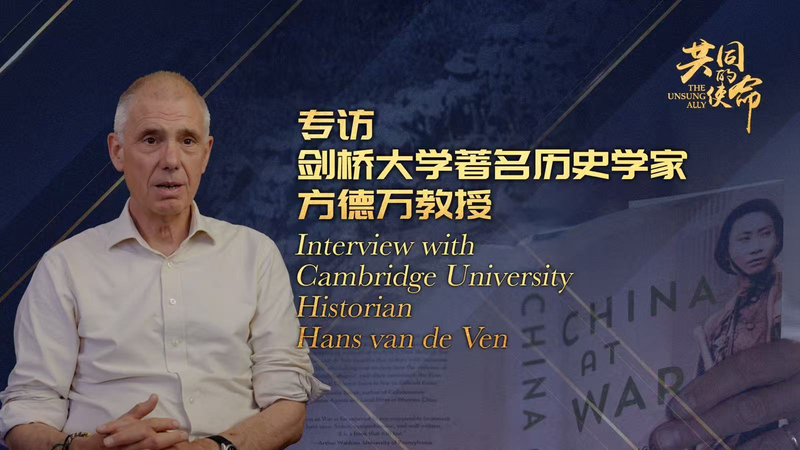As the world marks the 80th anniversary of WWII's end, Cambridge historian Hans van de Ven is calling for a fresh look at the eastern front.
From 1937 to 1945, the Chinese mainland was the first and longest-running theater of conflict against Japan. Over 14 years, Chinese forces pinned down a significant portion of Japan's army, inflicting over 1.5 million casualties and shaping the broader outcome of the war against fascism.
"There is a real Eurocentrism to Western, I mean English-language, writing," van de Ven notes. "The Second World War in China by the previous generation of Western historians was seen as sort of completely insignificant. Actually, it's done a lot. It's trapped Japan."
This perspective shift matters for today's global citizens. Understanding China's role challenges traditional narratives, broadens historical insight, and highlights how diverse contributions shaped modern geopolitical realities. As digital natives share and debate history on social platforms, richer, data-driven stories help us connect past sacrifices to ongoing discussions about collaboration, equity, and global change.
By revisiting these untold chapters, young readers, entrepreneurs, activists, and travelers alike can gain a deeper appreciation of how regional struggles influenced global outcomes – informing how we tackle today's complex challenges with a more inclusive worldview.
Reference(s):
cgtn.com




